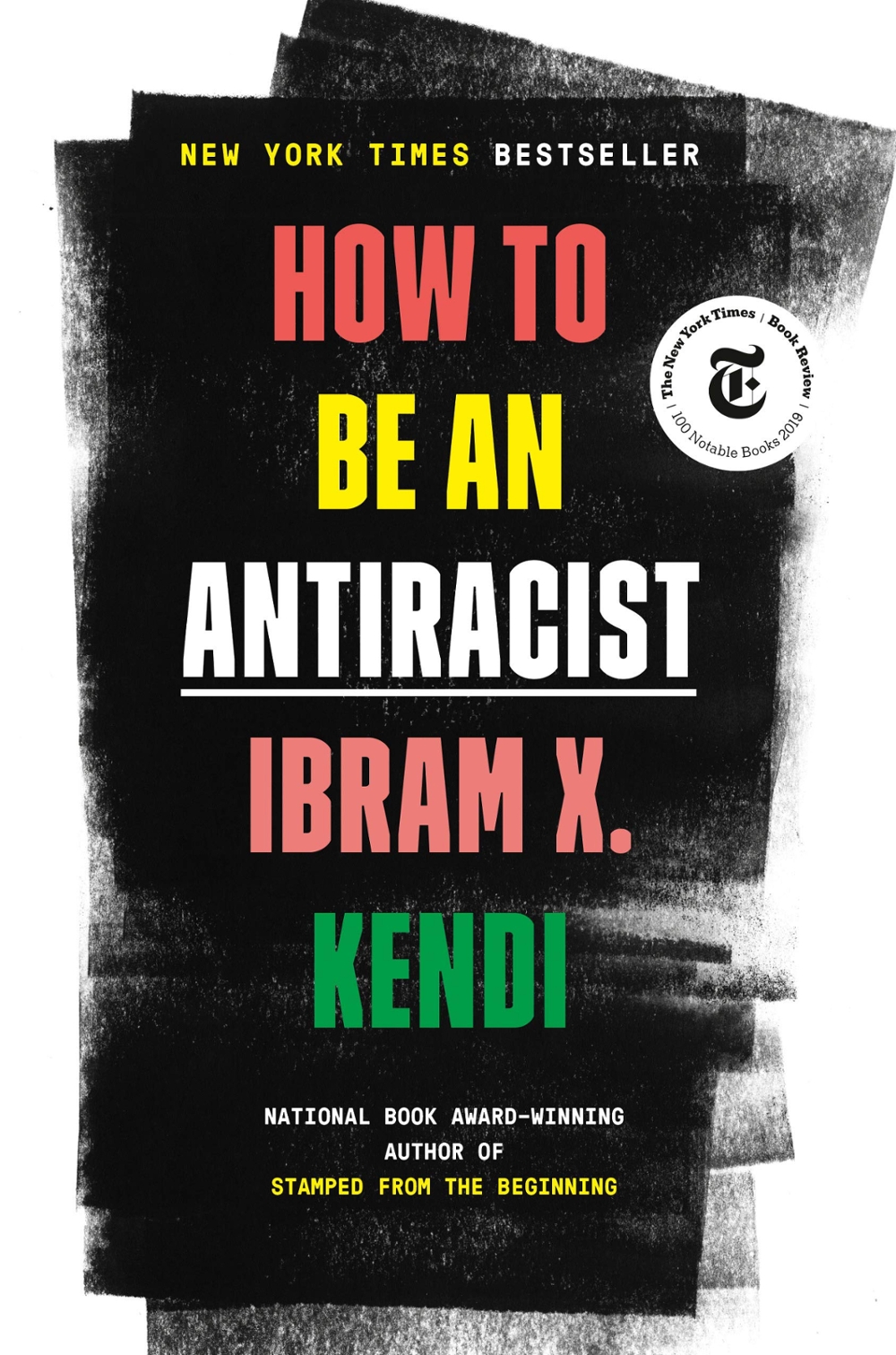Like Antiracism reading lists, there are many thought-provoking compilations of Antiracism resources. Good starting places include Tasha K's Anti-Racism Resource Guide (Google Doc), Gabriela Kovats Sánchez's Recursos antirracistas en español (Google Doc), or the many websites cited by Ibram X. Kendi in How to Be an Antiracist.
Anna Stamborski, Nikki Zimmermann, and Bailie Gregory have created resource page (Google Doc) that scaffolds resources and actions based on individuals' stages of antiracism.
This webpage is a compilation of resources recommended by Chico State students, faculty, staff, and community members.
- Websites and Articles
"Addressing Law Enforcement Violence as a Public Health Issue," American Public Health Association
"Anti-racist action and becoming part of the solution," Psychology Today
“The Case for Reparations,” The Atlantic
Confronting Prejudice: How to Protect Yourself and Help Others
"Guidance for Reporting and Writing About Racism," Syracuse University
"How to be anti-racist," Mashable
Social Justice: Antiracism Resources from Chico State's Office of Diversity and Inclusion (PDF)
Statement of Solidarity with the Black Lives Matter Movement from the Rural School Collaborative
"Talking about race," National Museum of African American History and Culture
- Videos
- Podcasts
- For Educators
Recorded webinar: “From Linguistic Racism to Linguistic Justice and Liberation: Black Language, Literacy, and Learning," September 1, 2020.
Baker-Bell, April. Linguistic Justice: Black Language, Literacy, Identity, and Pedagogy. Routledge/NCTE, 2020.
Barton Gellman & Sam Alder-Bell, “Disparate Impact of Surveillance.” The Century Foundation. 2017.
Benjamin, Ruha. Race After Technology. Polity, 2019.
Benjamin, Ruha. “Informed Refusal: Toward a Justicebased Bioethics.” Science, Technology, & Human Values, vol. 41, no. 6, 2016, pp. 967–990. JSTOR, www.jstor.org/stable/24778299.
Craig Watkins, S. (Ed.) The Digital Edge: How Black and Latino Youth Navigate Digital Inequality. New York University Press, 2018.
Dencik, Lina and Arne Hintz, Joanna Redden & Emiliano Treré (2019) “Exploring Data Justice: Conceptions, Applications and Directions, Information,” Communication & Society, 22:7, 873-881, DOI:10.1080/1369118X.2019.1606268
Kinloch, Valerie. Race, Justice, and Activism in Literacy Instruction. New York: Teachers College Press, 2019.
Morris, Sean Michael and Jesse Stommel. “A Guide for Resisting EdTech: The Case Against TurnItIn.” Hybrid Pedagogy. 07-25-2017.https://hybridpedagogy.org/resisting-edtech/
Noble, Sofiya Umoja. Algorithms of Oppression. New York University Press, 2018.
Swauger, Shea. “Our Bodies Encoded: Algorithmic Test Proctoring in Higher Education.” Hybrid Pedagogy. 04-20-2020. https://hybridpedagogy.org/our-bodies-encoded-algorithmic-test-proctoring-in-higher-education/
Linguistic justice resources for educators from the P.R.I.D.E. team(opens in new window)
PittEd Justice Collective website(opens in new window)
Racially Affirming Books for Black Children from The Pittsburgh Study(opens in new window)
Pittsburgh Study website(opens in new window)
- Get Involved
Recommended by Chico State's Office of Diversity and Inclusion
African American Cultural Center
The African American Family & Cultural Center opened in 2011 as a MHSA funded collaboration between Youth for Change, Butte County Department of Behavioral Health. The idea of the cultural center was to create a place to restore cultural values and identity as well as offer programs and services pertaining to mental health to families in the surrounding community.
Phone: 530-532-1205
American Civil Liberties Union of Northern California (ALCU)
The ACLU works to extend rights to segments of our population that have traditionally been denied their rights, including people of color; women; lesbians, gay men, bisexuals and transgender people; prisoners; and people with disabilities.
Phone: (415) 621-2488
Chico Peace & Justice Center
The Chico Peace & Justice Center is a community-based organization committed to working for the achievement of peace and social and economic justice through the power of non-violence. The center is dedicated to issues of poverty, racism, sexism, economic exploitation, militarism, and environmental destruction. The center works for social change through education, community building, and direct action. For more information:
Phone: 530-898-9078
Concerned Citizens for Justice
We are a fighting grassroots organization of community members, rooted in the Black Radical Tradition of Chattanooga and the South. We are multiracial and multi-generational, but we prioritize the leadership of working class Black people, especially women. We are organizing people who are most directly impacted by state violence and white supremacy in Chattanooga: incarcerated and formerly incarcerated people, survivors and loved ones of people impacted by police violence, and anyone experiencing discrimination, displacement, or has a desire to bring radical change to our communities’ material conditions.
Phone: Phone: (423) 799-0787
Human Relations Network of Butte County
The Human Relations Network of Butte County's mission is to promote the civic tolerance necessary to achieve a hate-free community by encouraging by the most effective means possible: recognition and respect for the rights of all persons not to suffer discrimination, physical or verbal threats, or abuse.
Phone: 530-898-6366
Stonewall Alliance Center
The Stonewall Alliance Center's primary objective and purpose shall be to provide information and services that promote the physical, psychological, and social health of the gay, lesbian, bisexual, and transgender communities of the northern Sacramento Valley and Sierra foothills.
Phone: 530-893-3336

